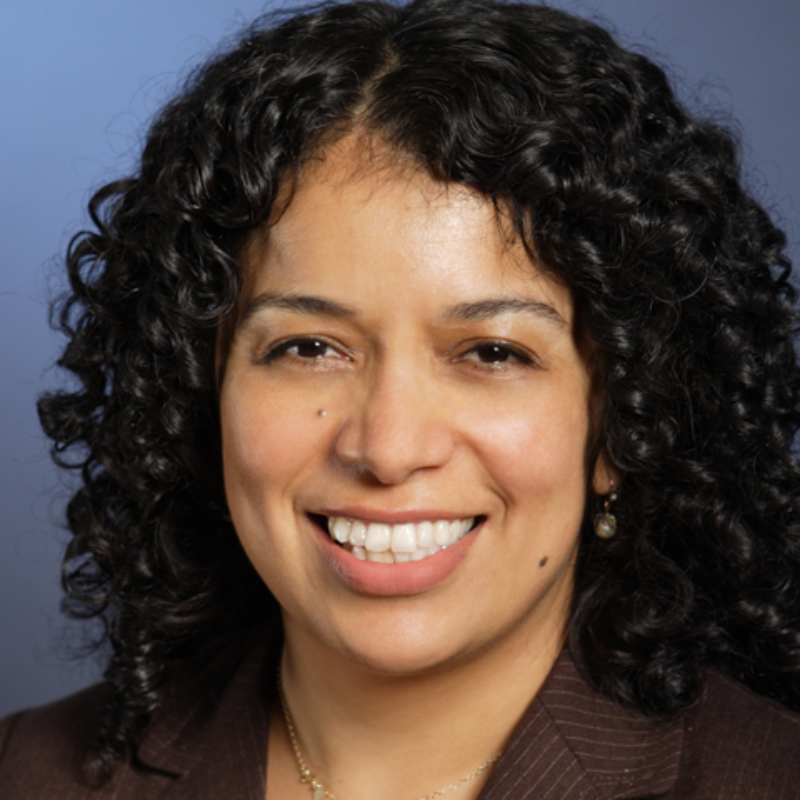(Nov. 12, 2018)—I am the daughter of immigrant parents. I received “birthright” citizenship. I grew up in a mixed-status family.
In the ‘70s and ‘80s my mom acted as a “sponsor” for nearly all of her siblings and extended family. Some were seeking a better life; others left because the struggles for liberation and subsequent wars were devastating, and they grew fearful for their lives. When close friends and family members fled and needed a landing spot, our home became a haven, a place to re-group and plan for a brighter future.
This is the story of immigration in this country. It’s also my story.
People migrate for a myriad of reasons, take huge risks to do so and rely on the kindness and compassion of family, friends and strangers. When people are welcomed and integrated into their new communities, we benefit from their skills and talents. Fair immigration policies protect our collective prosperity and support wellness. These policies are vitally important, especially true for California, home to more immigrants than any other state.
Right now we all have an opportunity to oppose proposed changes to an immigration policy that threatens the wellness of our communities, something known as the “public charge” rule. We hope you and your organizations will take action.
What is “public charge”?
Currently, immigrants can use programs such as SNAP, also known as food stamps, and other health, nutrition and housing programs. These programs accelerate immigrants’ ability to integrate into community, and contribute their skills and talents. However, the federal government wants to make it harder for people to achieve permanent legal status if they use health, nutrition and housing programs. This rule would expand what is called the “public charge.”
The public charge rule determines the future likelihood of a person becoming primarily dependent on the government. Immigration officials use it deciding if a person will receive a green card or legal residency. Under current law, there are only three benefits that count against people when they apply for residency: cash assistance programs such as Temporary Assistance to Needy Families, SSI and long-term institutional care.

